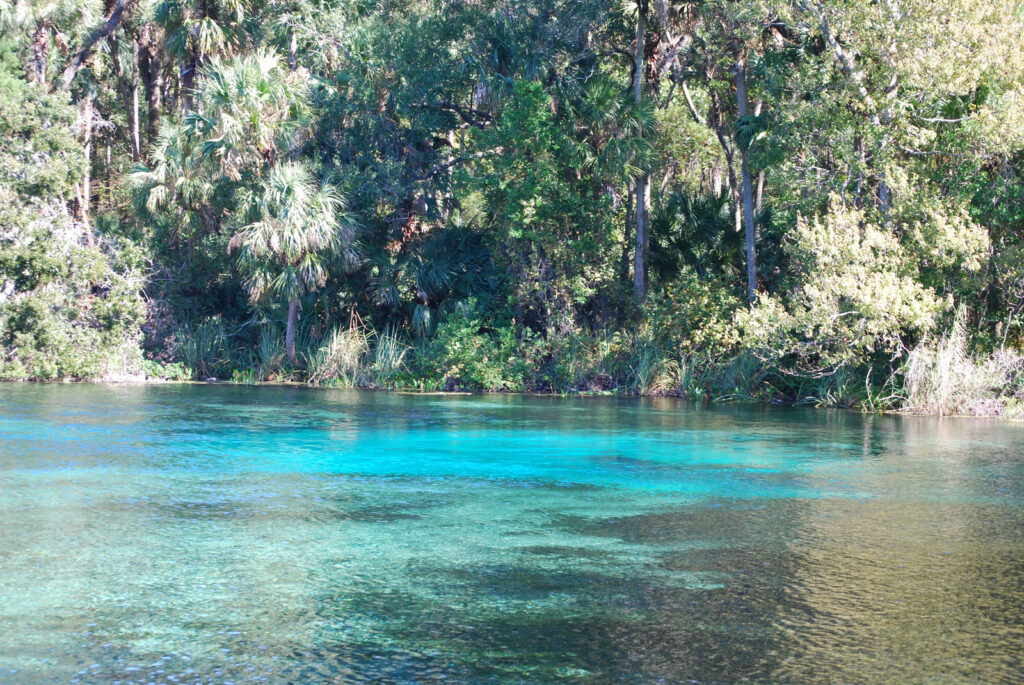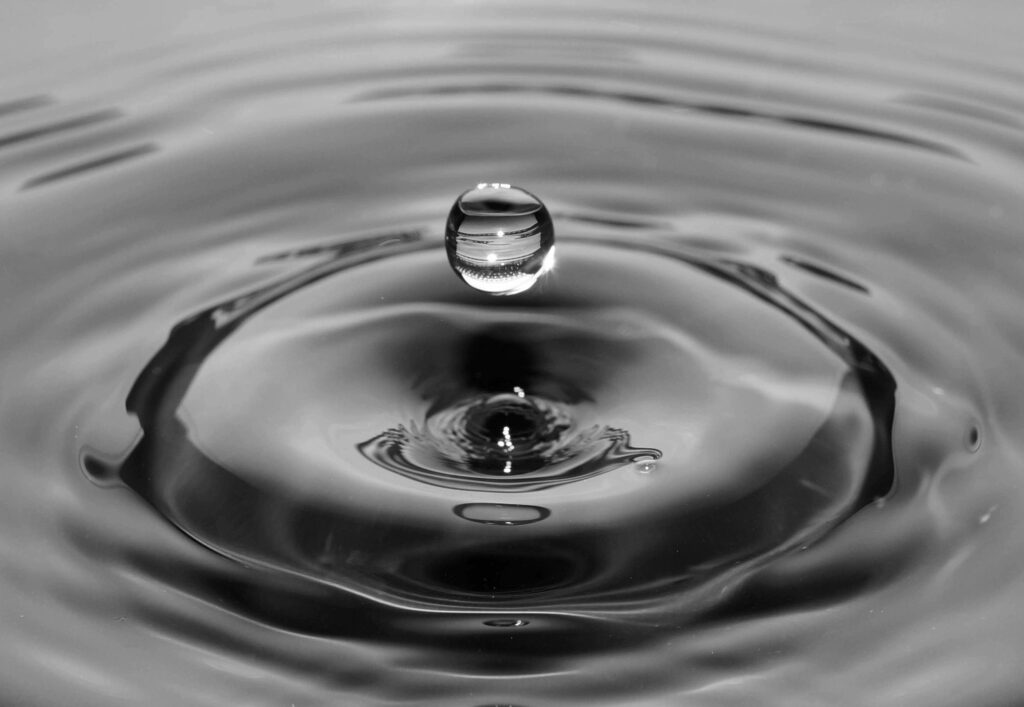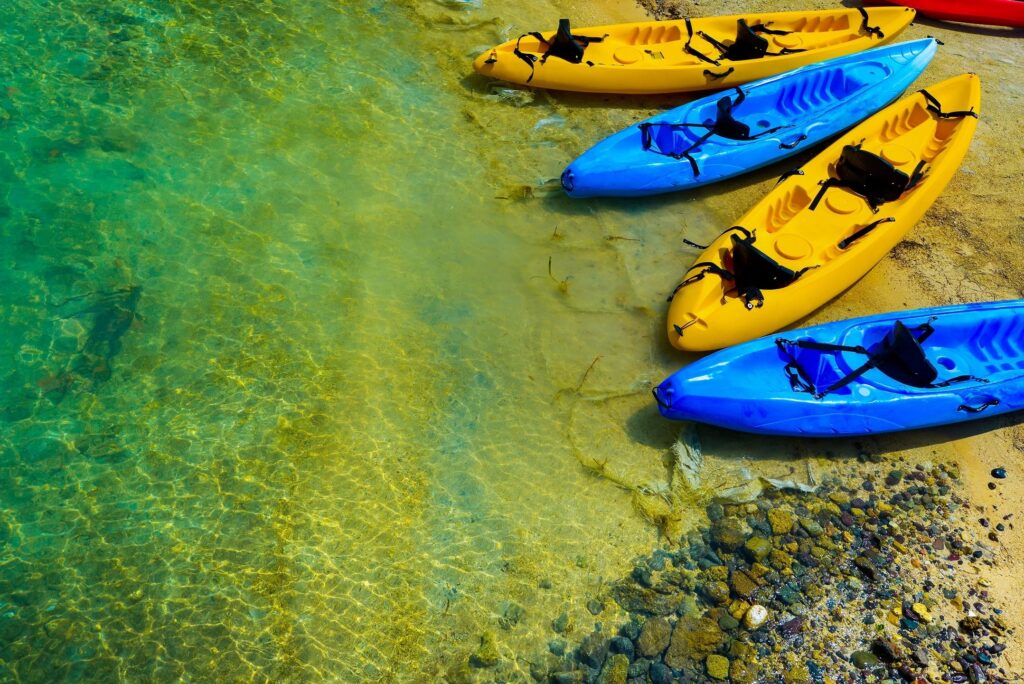
Conserving water is one of the easiest yet most important things consumers can do to protect our natural resources. There are no down sides as it will also save money. The City of Williston supports installation of water conserving low-flow fixtures, such as toilets, showerheads and faucets. Below are other steps you can take to help conserve water.
Bathroom
Dispose of insects, facial tissues and other similar waste in the wastebasket instead of flushing.
Close the drain when running a bath. The initial burst of cold water will be warmed by the hot water as the tube fills.
Turn the water off while brushing teeth, shaving, etc. Use short bursts of water to rinse toothbrushes and razors.
Limit duration of showers.
Install high-efficiency WaterSensor toilets.
Replace flush valve diaphragms, showerheads, and faucet aerators.

Kitchen
Scrape food residue versus washing.
Operate the dishwasher only when you have a full load.
Try to use the garbage disposal sparingly. Compost food waste if possible.
When hand washing dishes, fill the rinsing sink to 1/3-1/2 full and the other with soapy water-that will eliminate the need to continuously run the water while rinsing.
Energy Star dishwasher models use less water than handwashing, clean more thoroughly, and allows for skipping pre-wash.
Laundry
When washing clothes, use the minimum load size setting required per load for machines with variable settings. Also, use the shortest wash cycle for lightly soiled clothes.
Pre-treat stains to avoid rewashing.
Energy Star washers can save over 50% in laundry water and energy use.
Leaks
Frequently check fixtures, pipes and toilets for leaks.
Repair leaks inside and outside the home. A leaky toilet can waste 200 gallons of water a day.
A leaky faucet leaking at one drop per second can waste 3,000 gallons of water a year.
Turn off the Tap
For Every minutes that a faucet runs, two gallons of water are used.
Always turn of the tap tightly to avoid drips.
Replace worn washers and fixtures.
Be aware of local outdoor water restrictions.

The Southwest Florida Water Management District has additional tips at the below link.
https://www.swfwmd.state.fl.us/residents/water-conservation
